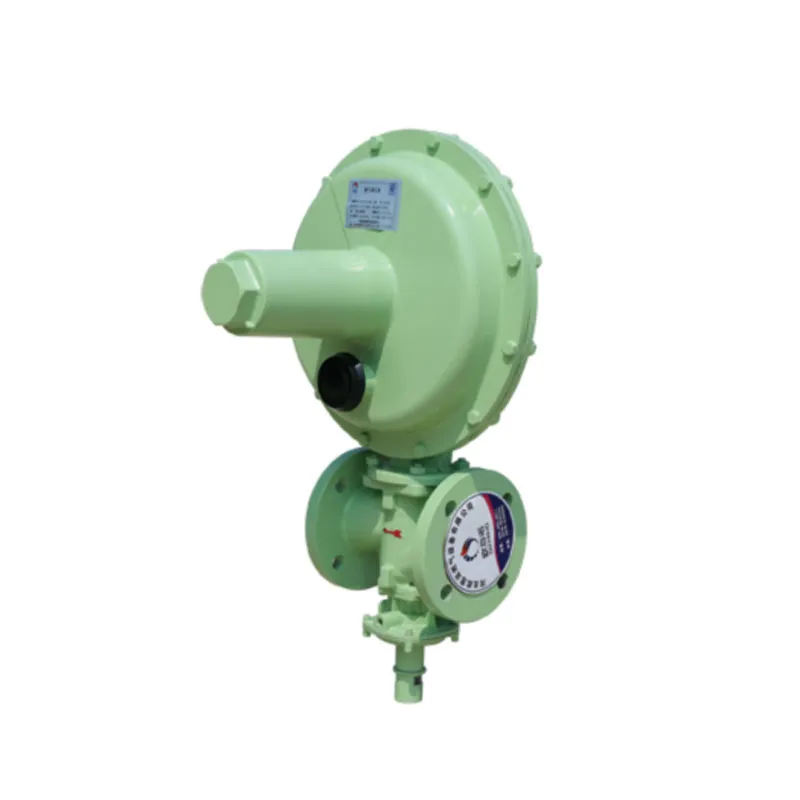
Dec . 22, 2024 11:29
Back to list
filtration
The Significance of Filtration in Modern Society
Filtration is a fundamental process that has profound implications across various domains, including health, environmental sustainability, and industrial operations. At its core, filtration involves the separation of solids from liquids or gases by using a porous material or a barrier. This process is not only crucial for maintaining the purity of drinking water but also plays a significant role in air quality management, pharmaceuticals, and food safety.
One of the most critical applications of filtration is in providing safe drinking water. Contaminated water poses significant health risks, leading to diseases that can be fatal, especially in developing countries. Various filtration methods are employed globally to purify water, including sand filtration, activated carbon filtration, and reverse osmosis. Each method has its advantages and is chosen based on the specific contaminants present in the water source. For instance, activated carbon filters are particularly effective in removing chlorine and volatile organic compounds, while reverse osmosis can eliminate a broad range of dissolved solids and impurities, making it a preferred choice for achieving high purity levels.
In addition to its importance in water quality, filtration is critical in ensuring clean air, particularly in urban environments plagued by pollution. Air filtration systems are designed to remove particulate matter, allergens, and harmful gases from the atmosphere. High-efficiency particulate air (HEPA) filters, for example, can capture 99.97% of particles that are 0.3 microns in diameter, including dust, pollen, and pet dander. The implementation of air filtration systems in homes, offices, and industrial settings significantly mitigates the health risks associated with air pollution. Furthermore, with the rise of awareness regarding airborne pathogens, such as viruses and bacteria, high-performance filtration systems have become even more essential in public health strategies.
filtration

Filtration also plays a pivotal role in various industrial applications. In manufacturing processes, filtration is employed to separate solids from liquids, ensuring product purity and quality. Industries such as pharmaceuticals, where sterile environments are necessary, rely heavily on filtration to eliminate contaminants. For instance, the production of injectable medications requires extensive filtration to prevent any microbial contamination. Similarly, in the food and beverage industry, filtration is critical to ensuring that products such as juice, beer, and bottled water meet safety standards.
Moreover, the advancements in filtration technology have led to the development of innovative solutions that enhance efficiency and effectiveness. Nanofiltration and ultrafiltration technologies, for example, have opened new doors for water treatment and wastewater management. These advanced methods are capable of removing smaller particles, including viruses and bacteria, that traditional filtration methods may not effectively eliminate. This not only improves the safety of drinking water but also allows for the efficient recycling of wastewater, contributing to the sustainable use of water resources.
Environmental sustainability is another area where filtration has made significant strides. As concerns about pollution and environmental degradation increase, filtration technologies that help clean up contaminated sites are gaining momentum. Techniques such as bioremediation, which uses microbial processes in combination with filtration, can effectively remove hazardous substances from soil and water, promoting ecological restoration.
In conclusion, the importance of filtration in our society cannot be overstated. From preserving public health through clean water and air to ensuring product safety across industries, filtration is a vital process that affects our daily lives. As technology continues to evolve, the methods and efficiencies of filtration will undoubtedly improve, offering new solutions to the challenges we face in health, industry, and the environment. As we move forward, embracing these advancements will be essential in fostering a cleaner and healthier world for future generations.
Latest news
-
Safety Valve Spring-Loaded Design Overpressure ProtectionNewsJul.25,2025
-
Precision Voltage Regulator AC5 Accuracy Grade PerformanceNewsJul.25,2025
-
Natural Gas Pressure Regulating Skid Industrial Pipeline ApplicationsNewsJul.25,2025
-
Natural Gas Filter Stainless Steel Mesh Element DesignNewsJul.25,2025
-
Gas Pressure Regulator Valve Direct-Acting Spring-Loaded DesignNewsJul.25,2025
-
Decompression Equipment Multi-Stage Heat Exchange System DesignNewsJul.25,2025

